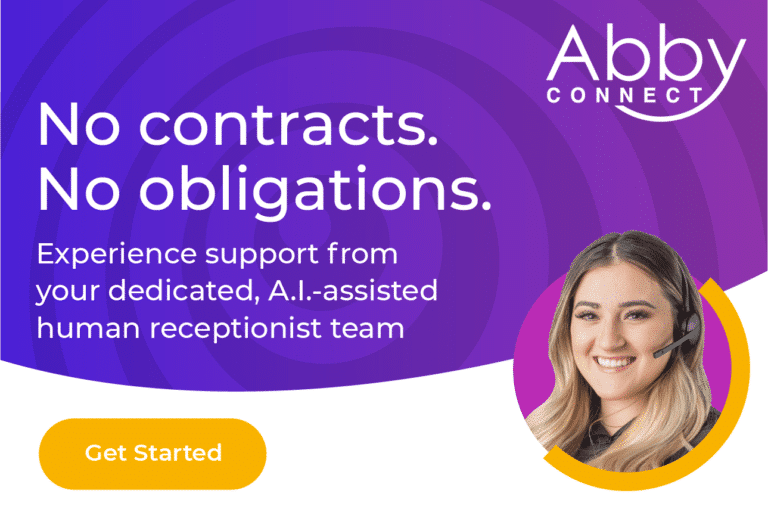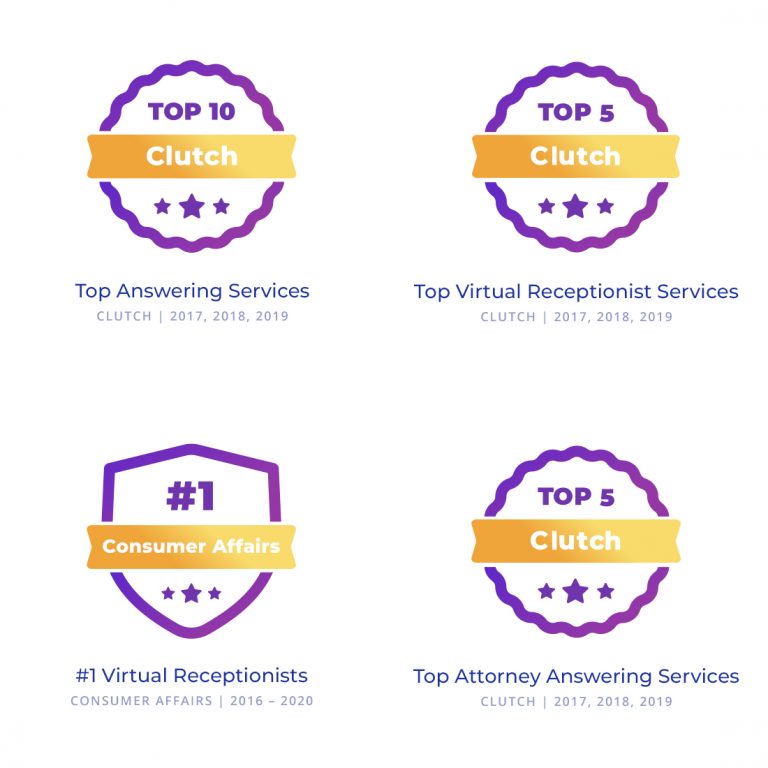
As a business owner, you may have experienced the frustration of receiving constant spam calls on your business phone. These unwanted calls can be disruptive to your workday, and they can also put your business at risk of fraud and scams.
23% of Americans have reported having lost money due to phone scams in the past 12 months, with about 59% of phone calls being scams or unwanted robocall scams.
At that rate, answering your phone could be hurting your business.
Fortunately, there are several strategies on how to stop spam calls on your business phone and protect your business.
#1 Register with the National Do Not Call Registry
The National Do Not Call Registry is a government-run service that allows consumers to opt out of receiving telemarketing calls. Registering your business phone number with the registry can reduce the number of unwanted sales calls you receive. This is not a guarantee that spammers will leave you alone, but it’s a vital first step.
How to Implement the National Do Not Call Registry
To register your business phone number with the National Do Not Call Registry:
- Visit the website at www.donotcall.gov
- Click on the “Register a Phone Number” button
- You will be prompted to enter your phone number and email address
- Your phone number will be added to the registry within 31 days.
It’s important to note that registration with the Do Not Call Registry is free, and your number will remain on the list indefinitely unless you request its removal. However, it may take several weeks for the registry to take effect, and some types of calls, such as those from political organizations or charities, may still be exempt from the registry’s restrictions.
#2 Use Call Block and Screening Features
Most modern phone systems offer call-blocking and screening features that allow you to filter out unwanted calls. These features typically work by allowing you to create a list of approved numbers that bypass the screening process while all other calls are screened or blocked. Some systems may also allow you to set up custom screening messages that prompt callers to identify themselves before connecting to you. This can be an effective way to filter out unwanted spam calls and protect your time and resources.
#3 Use Caller ID and Reverse Lookup
Caller ID is a simple and effective way to identify incoming calls and determine if they are legitimate or spam. By displaying the caller’s phone number and name (if available), Caller ID can help you quickly recognize and avoid unwanted callers. Additionally, you can use reverse lookup services to identify the source of unknown calls and determine if they are legitimate. Many online services offer reverse lookup capabilities, and some phone systems may also provide this feature as part of their call screening options.
#4 Train Employees to Recognize and Respond to Spam Calls
Spam calls can be especially problematic if they are directed at your employees. Scammers may use social engineering tactics to extract sensitive information or gain access to your business’s systems. Training your employees to recognize and respond to spam calls is crucial to prevent these types of attacks. This may include educating them on common spam calls tactics, such as phishing scams or fake technical support calls, and providing them with guidelines on handling these types of calls.
Tips for Training Employees to Recognize and Respond to Spam Calls
Create a Script
Develop a script or guideline for employees to follow when receiving a suspicious call. The script should outline what information employees should and should not disclose over the phone and the steps they should take to verify the caller’s identity before providing any sensitive information. Ensure employees are familiar with and practice the script during training sessions.
Stay Up-to-Date
Spam call tactics are constantly evolving, so keeping employees informed about the latest trends and threats is essential. Regularly provide updates on common spam call tactics, such as robocalls, spoofing, and phishing, and train employees to recognize and respond to these calls. Consider hosting refresher training sessions or email updates to keep employees updated.
#5 Consider Using Third-Party Services
If you are still experiencing a high volume of spam calls despite your best efforts, it may be worth considering third-party services specializing in call blocking and spam filtering. These services can provide additional protection against spam calls and offer advanced features such as voice recognition and artificial intelligence to identify and block spam calls in real time. While these services may come at an additional cost, they can effectively protect your business and free up your time and resources to focus on more critical tasks.
Stop Spam Calls with Abby Connect’s Team of Virtual Receptionists
Spam calls can be a frustrating and time-consuming problem for businesses. As a virtual receptionist service, Abby Connect can be a valuable asset in helping companies to combat spam calls. Our live call answering and live chat services can screen and filter out unwanted calls before they even reach your business phone line.
Additionally, Abby Connect’s trained team of live virtual receptionists can recognize and respond to common spam call tactics, helping to protect your business and employees from potential scams or fraud. By incorporating Abby Connect’s services alongside these other effective strategies, companies can create a comprehensive approach to stopping spam calls and creating a more secure and productive workplace.
Sources:
- Truecaller Insights 2021 U.S. Spam & Scam Report. (2021). Truecaller.com. https://www.truecaller.com/blog/insights/us-spam-scam-report-21

